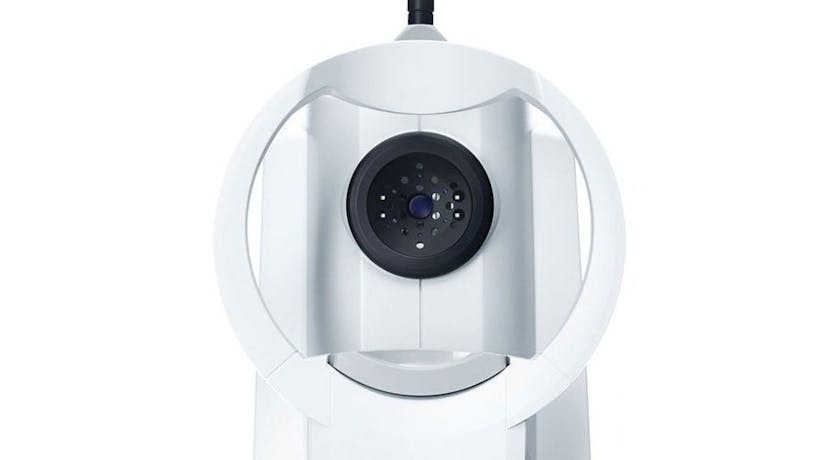
Experiencing retinal detachment is a life-changing event, marked by sudden visual disturbances and the urgent need for medical intervention. Those who have undergone this journey know the anxiety of facing symptoms like flashes of light, floaters, or a shadow over their vision, followed by the whirlwind of diagnostic tests and emergency surgery. The detachment, where the retina pulls away from its normal position, threatens the essential function of capturing visual information. As there are different types of retina detachment, navigating the challenges of surgery and initial recovery are important. The path forward is about adapting to new visual realities and embracing the steps necessary to protect and enhance your eye health.
How Are You Feeling?
After retinal detachment surgery, a person may experience a mix of emotions and physical sensations. Initially, relief and gratitude for having addressed a potentially sight-threatening condition are common. However, this can be accompanied by anxiety and uncertainty about the recovery process and long-term vision outcomes. Physically, you might feel discomfort or mild pain in the operated eye, along with blurry vision, sensitivity to light, and the presence of floaters. Adjusting to these temporary changes can be challenging, and it's normal to feel a bit apprehensive about returning to daily activities. Support from healthcare providers, along with patience and adherence to post-operative care instructions, plays a crucial role in navigating this recovery period.

My-iClinic Aftercare
Professional aftercare from a private clinic ensures personalised and comprehensive support throughout your recovery from retinal detachment surgery. The fact you followed up on the warning signs of retinal detachment has now put you in a good place. Expect frequent follow-up appointments where your eye specialist closely monitors your healing progress and promptly addresses any concerns. You’ll receive detailed, tailored aftercare instructions, including the use of prescribed medications and guidance on safe activity levels. My-iClinic provide advanced diagnostic tools to track your recovery and offer additional treatments if needed. Enhanced accessibility means you can reach your specialist easily for advice and reassurance, ensuring peace of mind. The attentive, patient-centred approach of private clinics helps facilitate a smooth and successful recovery, optimising your long-term vision health.

10 Recovery Tips For Home
By following these tips, you can help ensure a smoother and more successful recovery after retinal detachment surgery.
1. Follow Post-Operative Instructions
Adhere strictly to the aftercare instructions provided by your surgeon, including using prescribed eye drops to prevent infection and reduce inflammation.
2. Maintain Proper Head Positioning
If advised by your surgeon, keep your head in a specific position, such as face-down, to help the retina reattach properly. Use positioning aids like special pillows if needed.
3. Avoid Strenuous Activities
Refrain from heavy lifting, vigorous exercise, and any activity that might strain your eyes. Gentle activities and rest are crucial during the initial recovery period.
4. Protect Your Eye
Wear an eye shield or patch, especially while sleeping, to prevent accidental rubbing or pressure on the operated eye. Sunglasses can also help protect against bright light and UV rays when outdoors.
5. Manage Discomfort
Take prescribed pain medications as needed and apply a cold compress to reduce swelling and discomfort. Avoid over-the-counter medications unless approved by your doctor.
6. Monitor Symptoms
Keep an eye on any changes in vision or new symptoms such as increased pain, redness, or discharge. Report any concerns to your eye specialist immediately to address potential complications.
7. Attend Follow-Up Appointments
Regular check-ups are vital to monitor the healing process and catch any issues early. Keep all scheduled appointments with your eye specialist.
8. Stay Hydrated and Eat a Balanced Diet
Proper hydration and a diet rich in vitamins and nutrients support overall health and recovery. Foods rich in antioxidants, omega-3 fatty acids, and leafy greens are particularly beneficial for eye health.
9. Avoid Smoking and Alcohol
Smoking and excessive alcohol consumption can impede healing and negatively affect eye health. Abstain from these to promote a smoother recovery.
10. Give Yourself Time to Adjust
Vision may be blurry or distorted initially, but this often improves over time. Be patient with yourself as your eye heals, and gradually return to normal activities as advised by your doctor.
Recovery Time Blocks
The full recovery time from retinal detachment surgery can vary depending on several factors, including the extent of the detachment, the type of surgery performed, and individual healing factors. In general, it may take several weeks to months to achieve full recovery and stabilisation of vision after retinal detachment surgery.
4-Week Guide
| Week | Activities and Recovery Milestones |
|---|---|
| Week 1 |
|
| Week 2 |
|
| Week 3 |
|
| Week 4 |
|
6 Month Planner
| Month | Activities and Recovery Milestones |
|---|---|
| Month 1 |
|
| Month 2 |
|
| Month 3 |
|
| Month 4 |
|
| Month 5 |
|
| Month 6 |
|
Here To Help
At My-iClinic, we're here to help you every step of the way, especially if you're experiencing any symptoms or concerns related to your vision. Whether it's sudden flashes of light, persistent floaters, or changes in your vision, don't hesitate to reach out to us. Our dedicated team of eye specialists is ready to provide expert care and support to address your needs and ensure the health of your eyes. Your vision matters to us, and we're committed to helping you see your best. Contact us today to schedule an appointment or learn more about how we can assist you!
Find out more by Speaking to our team









